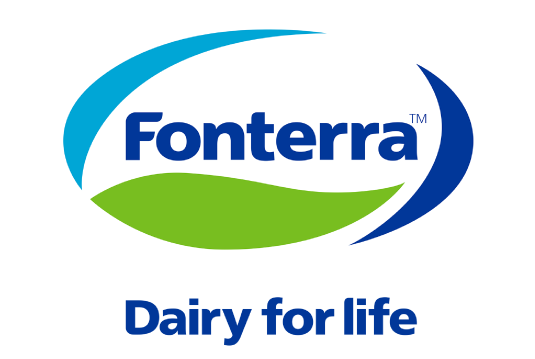Collaboration key to success of Government’s water reforms
Fonterra has made a submission in response to the Ministry for the Environment’s Action Plan for Healthy Waterways proposal.
You can find the submission here.
Mat Cullen, General Manager for Sustainable Dairying, says the Co-op is working collaboratively with Government to achieve the best outcome for the dairy industry and the environment.
“We support the overall goal of the Action Plan to improve freshwater by stopping further degradation of water quality within five years and reverse past damage within a generation. Healthy freshwater is important to our country and integral to our Co-op’s strategy to create more value from our New Zealand milk.
While the Co-op is supportive of the overall goal, Mat says the Co-op has concerns about some of the specific methods proposed to get there.
Our Co-op has provided feedback to the Government on the how we can improve water quality using more economical, sustainable ways with timeframes that make sense for our farmers and New Zealand.
Mat says the Co-op has responded to the parts that have a direct impact on farming practices.
“We will strongly oppose the suggested minimum required levels, specifically for dissolved inorganic nitrogen (DIN) and dissolved reactive phosphorus (DRP). The levels proposed in the plan would require significant reductions in nitrogen loss and aren’t flexible enough to recognise local context and ambition. We think alternate values that are not solely based on nutrients could achieve similar outcomes.
“The five-meter setbacks for stock exclusion fails to recognise the great work our farmers have already done to fence over 98 per cent of waterways. A much better outcome would be that where waterways are fenced and where there is a Farm Environment Plan, that the farm be excluded from moving fencing. We believe this approach will achieve a much greater outcome for both the environment and our industry.
“Our Co-op supports the identification of high-risk catchments but we believe attributes other than nitrogen should be considered. When it comes to the proposal to reduce nitrogen loss in catchments with high nitrate levels, our Co-op supports the establishment of clear catchment thresholds for nitrogen loss. However, instead of forcing our farmers to use the Overseer model – a model that can be unwieldly and expensive, we propose using a simple nitrogen surplus calculation – such as our Nitrogen Risk Scorecard - which is easier to administer and more cost-effective.
“Our Nitrogen Risk Scorecard focuses more broadly on on-farm efficiencies (conversion of nitrogen into product) which has the added benefit of improving our farmers’ overall bottom line. The Scorecard clearly identifies on-farm practices that are contributing to elevated nitrogen loss risk which enables farmers to take specific actions to improve. Unlike Overseer, this model also takes away some of the geographic factors outside a farmer’s control such as higher rainfall or leakier soil,” says Mat.
Regarding wintering on crop, Mat says the Co-op will support the creation of a national standard.
“A national standard for wintering practices will establish a level playing field not only for our farmers but for other land holders involved in winter grazing. Our Co-op is in a unique position to support our farmers to meet such a standard through our Farm Source field team, Farm Environment Plans, and digital tools.”
To improve ecosystem health by accelerating the adoption of good farm practices, setting standards for high risk activities, and introducing freshwater modules in farm plans, Mat says the Co-op supports the introduction of mandatory Farm Environment Plans (FEPs).
“We’re pleased to see the Government recognise the value of FEPs. They are really effective in identifing risks and opportunities for improvement unique to each farm. We support the proposal of mandatory FEPs as many of our farmers already have one and our Co-op has the ability to deliver them at no additional cost to our farmers. We’re on track to ensure every farm has an FEP by 2025,” explains Mat.
To learn more about the Action Plan for Healthy Waterways and Fonterra’s position you can read our submission below.

